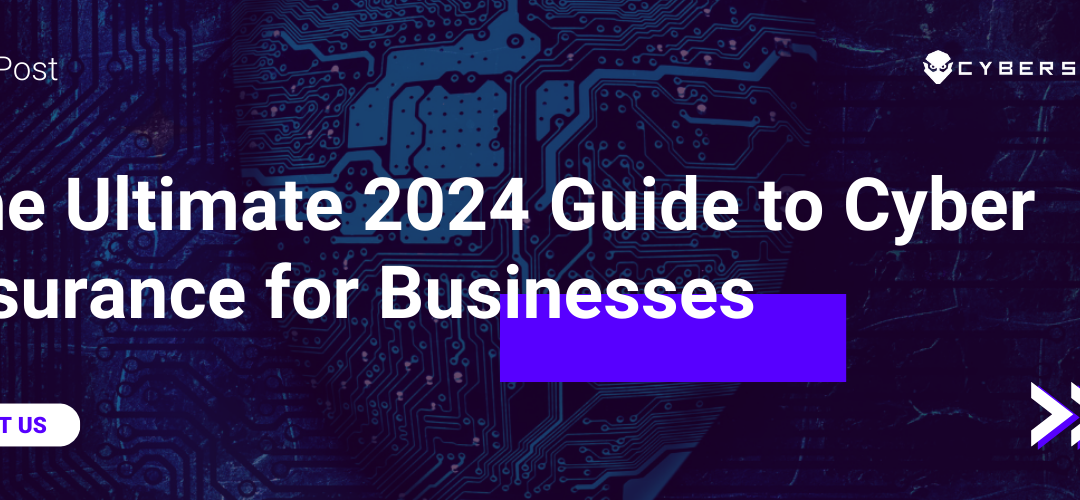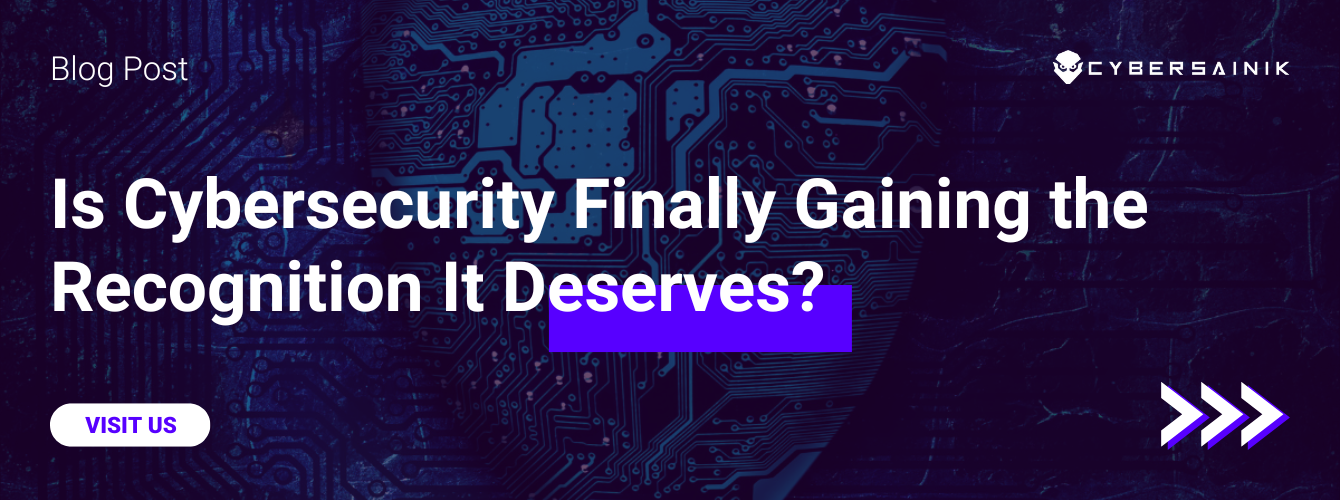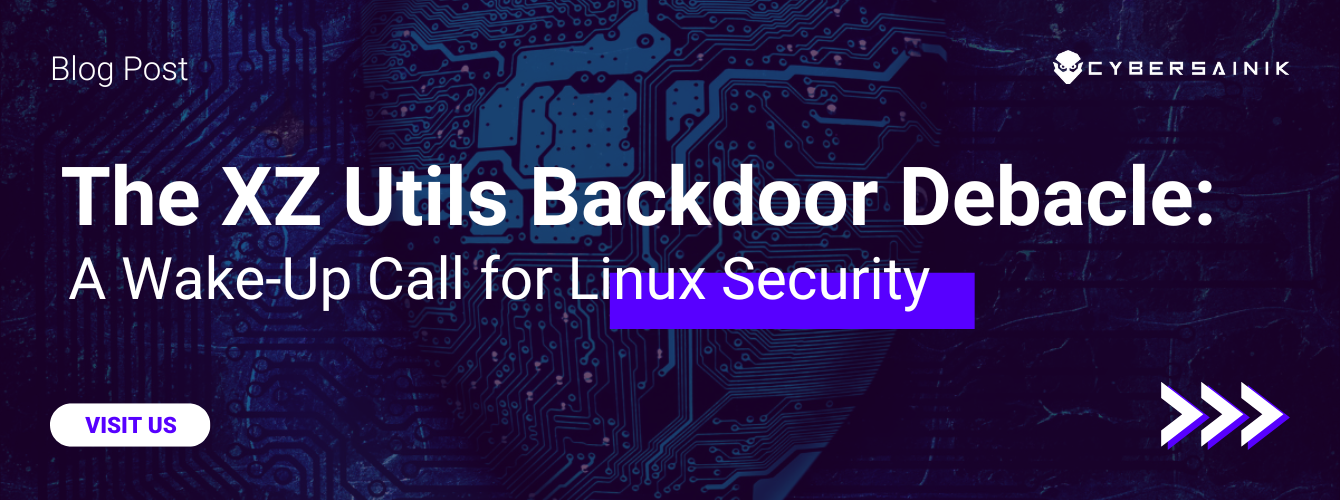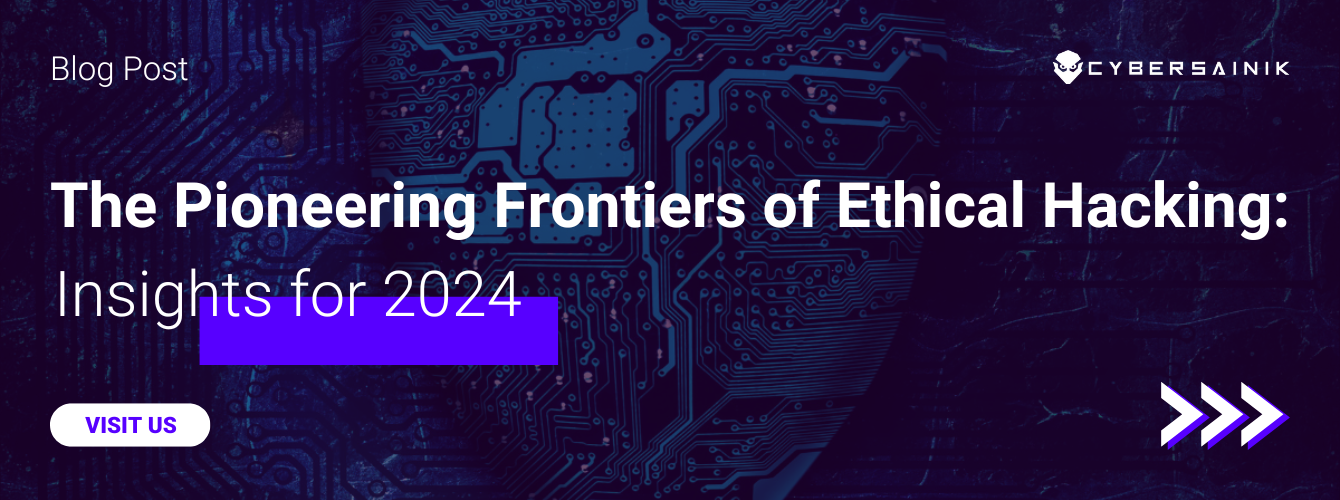What is Cyber Insurance?
Cyber insurance is a specialized form of coverage that serves as a financial and reputational safety net, protecting businesses and individuals from the potentially devastating impacts of cyber threats such as cyber-attacks and data breaches. As businesses increasingly rely on digital platforms, their exposure to cyber risks has grown exponentially. Cyber insurance mitigates these risks by providing financial support for costs associated with these incidents.
Typical cyber insurance policies cover a range of expenses, from investigating a cyber-attack to implementing necessary security measures. They can also cover legal fees arising from lawsuits related to a breach.
Understanding cyber insurance involves examining policy details, as coverage scope, exclusions, and limits can vary. Businesses need to assess their specific needs and risks to ensure their chosen policy provides adequate protection. This includes integrating cyber risk management practices and proactively addressing vulnerabilities in their digital infrastructure. Let’s explore why cyber insurance is indispensable, backed by compelling statistics.
The Digital Landscape: A Breeding Ground for Threats
As businesses seamlessly integrate technology into their operations, the attack surface for cyber threats expands exponentially daily. In 2022 alone, the Insurtech market generated a staggering $11.8 billion in revenue, with projections indicating a growth toward $82.5 billion by 2032. This meteoric rise signifies not just a trend but a transformative force within the insurance industry, highlighting the escalating risks that businesses face. Also note that by the end of the year 2023, the estimated total cost of cyber incidents exceeded 8.5 trillion in damages, with this number expected to grow to $10.5 Trillion by 2025.
The Cost of Vulnerability
On average, a cybersecurity incident costs a staggering $4.5 million, making the question of whether you need cyber insurance not just a consideration but a proactive stance against the financial perils of a breach. In 2021, cyber insurance saw a record-breakin5.4 billion in funding, nearly doubling the levels seen in 2020. This substantial influx of capital demonstrates the confidence investors place in the industry’s growth potential underlined by its increasing necessity.
Beyond Financial Protection: Preserving Reputations and Customer Trust
In the aftermath of a cyberattack, financial losses are just the tip of the iceberg. The value of cyber insurance extends to reputation management and customer trust. As businesses grapple with the increasing severity of global risks, from climate change to cybercrime, the role of insurance transforms into a “financial safety net” for society. This is evident in the projected compound annual growth rate (CAGR) of 53.2% for the North American Insurtech market from 2023 to 2030.
Cyber Insurance: A Catalyst for Business Continuity
When a cyber breach occurs, businesses may lack the immediate resources to combat the ensuing chaos. Cyber insurance steps in as a critical support system, preventing these attacks from crippling your business. In 2020, Insurtech raised a record $7.5 billion globally, marking an all-time high in funding. This signifies a collective recognition of the industry’s pivotal role in safeguarding businesses against unforeseen digital risks.
The Shield of Cyber Insurance: Beyond Financial Protection
Cyber insurance goes beyond being a mere safety net against financial losses. It serves as a powerful shield that preserves reputations, builds customer trust, and ensures uninterrupted business continuity The imperative to embrace this transformative force in the insurance industry becomes clearer as businesses navigate a future where resilience is not merely a choice but an absolute necessity.
Challenging Misconceptions: Small Companies Under Threat
Contrary to the belief that small companies remain invisible in the eye of cybercriminals, leading research dispels this notion:
- 46% of all cyber breaches impact businesses with fewer than 1,000 employees
- 61% of SMBs (Small to Medium Businesses) fell victim to a cyberattack in 2021.
- Malware, constituting 18% of cyberattacks, predominantly targets small businesses.
- 82% of ransomware attacks in 2021 targeted companies with fewer than 1,000 employees.
- 37% of companies hit by ransomware had fewer than 100 employees.
- Small businesses receive the highest rate of targeted malicious emails, with one in 323 being compromised.
- Employees of small businesses experience 350% more social engineering attacks than their counterparts at larger enterprises.
- 87% of small businesses possess customer data susceptible to compromise in an attack.
- 27% of small businesses with no cybersecurity protection at all collect customers’ credit card information.
The Fallacy of Size: Large Companies Are Vulnerable, Too
Conversely, the belief that large companies with robust fortifications are impervious to major incidents is debunked by recent events that occurred earlier this year, exemplified by the MGM Grand Casino breach:
- The MGM breach is expected to incur a negative impact of about $100 million on adjusted property core profit for its Las Vegas Strip division.
- Virtually all of the company’s guest-facing systems have been restored, but the breach underscores that even strong fortifications can be breached.
- MGM believes that a more limited number of Social Security numbers and passport numbers were obtained, but there is no evidence of identity theft or account fraud.
Statistics as a Call to Action
As we peer into the future with projected Insurtech market revenue of $82.5 billion by 2032, the message is clear—cyber insurance is not just an option; it’s a strategic investment in resilience. The statistics, including the average cost of a cyber security incident, echo the urgency of adapting to the evolving digital landscape, where cyber threats are not a matter of if but when.
Cyber insurance isn’t merely a safety net against financial losses; it’s a shield that preserves reputations, builds customer trust, and ensures business continuity. The statistics illuminate the imperative of embracing this transformative force in the insurance industry, guiding businesses toward a future where resilience is not just a choice but a necessity.
In a world of rapid change and evolving threats, staying ahead is paramount. At Cyber Sainik, we lead the charge in cybersecurity, equipped with top-notch professionals dedicated to keeping you secure. Explore our website and book a consultation to discover the power of AI technology and how it is being utilized in our innovative XDR solution.




